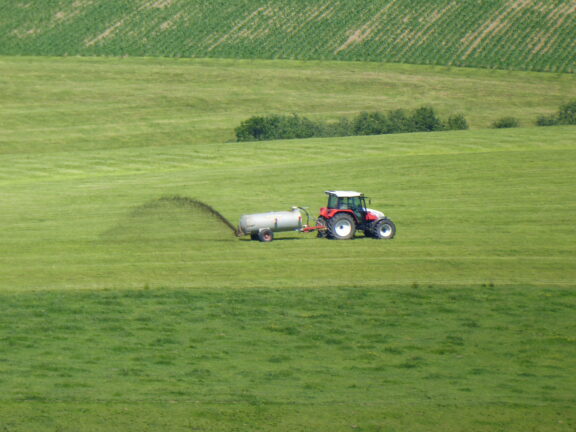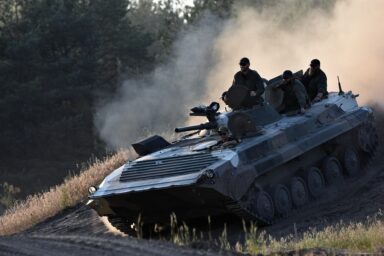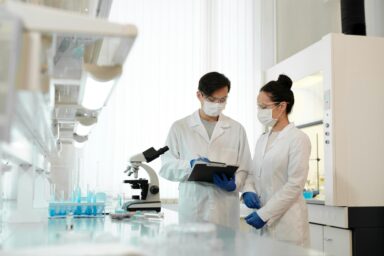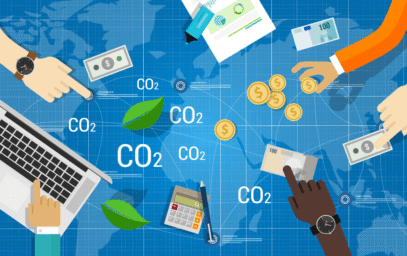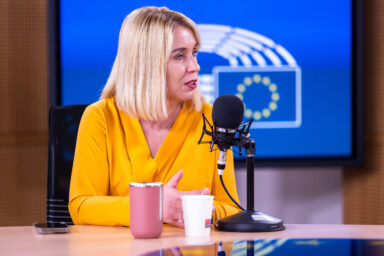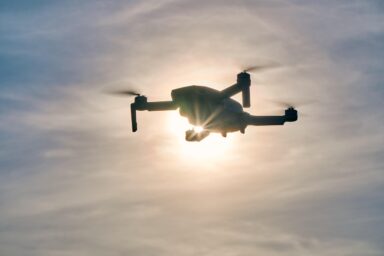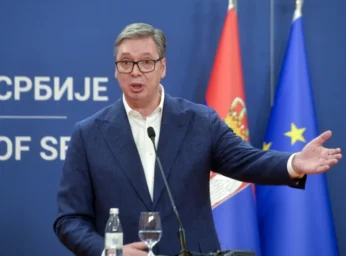The aim is to reduce EU dependence on agricultural imports and Russian export revenues, thereby limiting the ability to finance Russia’s war against Ukraine. Products hit by the new tariffs include sugar, vinegar, flour, and animal feed plus selected fertilizers. Tariffs will be operational from July 1st.
Once the legislation, finally adopted by European Council on Thursday, June 12th, enters into force, EU tariffs will apply to all agricultural products from Russia and Belarus. The new tariffs that include increase by 50 % will apply to goods that made up around 15 % of all agricultural imports from Russia (based on 2023 data). In the case of fertilisers, the new tariffs will apply to certain nitrogen-based products.
Implementation of these tariffs will be closely monitored to ensure that the EU fertiliser industry and farmers are protected. – European Council
The measure had been debated in the European Parliament on May 22th. On that day, legislation was adopted by 411 votes in favour and 100 against, with 78 abstentions.
“The implementation of these tariffs will be closely monitored to ensure that the EU fertiliser industry and farmers are protected. The tariff increases on fertilisers will take place gradually, over a transition period of three years,” European Council says.
You might be interested
Fertiliser production under close scrutiny
“The proposal will boost EU fertiliser production, which has taken a hit from cheap Russian imports, while giving farmers time to adjust. Importantly, the proposal also includes monitoring provisions enabling the Commission to follow the fertiliser market closely and take action if prices shoot up,” said Inese Vaidere (EPP/Latvia), standing rapporteur for Russia.
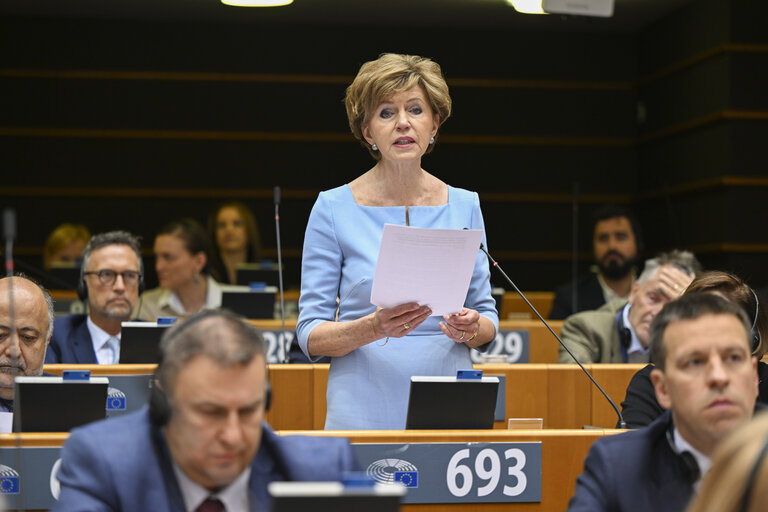
Imports into the EU of urea and nitrogen-based fertilisers from Russia, already high in 2023, rose significantly in 2024. According to the Commission, imports of the fertilisers covered by this regulation reflect a situation of economic dependence on Russia. If left unchecked, the situation could harm EU food security and, in the case of fertilisers in particular, leave the Union vulnerable to possible coercive measures by Moscow.
